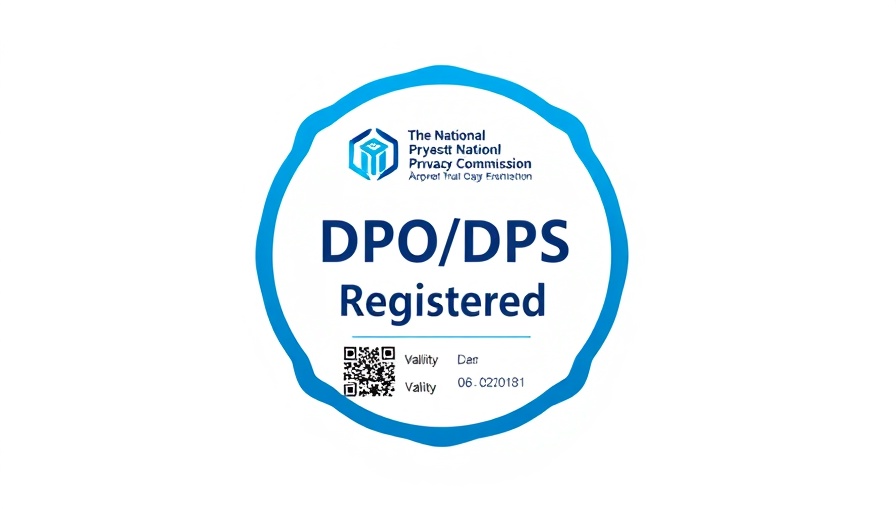
Understanding the Importance of the Data Privacy Act in Marketing
The Data Privacy Act of 2012 in the Philippines is a significant piece of legislation that affects how businesses operate, particularly in the realm of digital marketing. It emphasizes the need for transparency, integrity, and accountability in the collection and management of personal data. For professionals, business owners, and digital marketers, understanding this law is crucial not only for legal compliance but also for establishing trust with consumers in a digital age increasingly concerned with privacy.
Historical Context: The Rise of Data Privacy Awareness
Over the past decade, there has been a global increase in data privacy awareness due to numerous high-profile data breaches. The Philippines, driven by similar trends, implemented the Data Privacy Act to safeguard its citizens' personal information. This act aligns with the growing movement towards stronger data protection worldwide, such as the European Union's GDPR. For marketers, this evolution offers both challenges and opportunities as businesses must adapt their strategies to meet new compliance standards.
Navigating Compliance: Practical Steps for Marketers
Marketers can ensure compliance by implementing best practices such as obtaining explicit consent from users before collecting their data, conducting regular audits of data use, and employing robust data protection measures. Utilizing digital marketing tools that prioritize privacy, such as Customer Data Platforms (CDPs), can streamline compliance while optimizing marketing efforts. Moreover, educating staff about these regulations is imperative to create a culture of data protection within organizations.
Future Trends: The Evolution of Data-Driven Marketing
The future of digital marketing will heavily involve data ethics and privacy considerations. As regulations tighten globally, marketers who proactively embrace these changes will gain a competitive edge. Strategies such as using AI in data analysis while respecting consumer privacy can redefine customer engagement. Marketers should be on the lookout for trends in privacy-preserving technologies and adopt them early to stay ahead in the fast-evolving digital landscape.
Common Misconceptions About Data Privacy Compliance
One common misconception is that compliance is merely a checkbox exercise. In reality, it is an ongoing process that requires constant monitoring and adaptation as regulations change. Moreover, some marketers believe that because of the costs involved with compliance, it might be more beneficial to ignore regulations. However, this can lead to severe penalties and loss of consumer trust. On the contrary, prioritizing compliance can enhance a brand's reputation and foster long-term customer loyalty.
Taking Action: Building a Privacy-Conscious Marketing Strategy
As we look ahead, marketers must integrate privacy considerations into their overall strategies. This shift not only involves compliance but also building trust and transparency with customers. Brands that effectively communicate their data usage and protection measures can differentiate themselves in a crowded marketplace. Adopting marketing automation workflows can facilitate these efforts, making it easier to manage customer interactions while respecting their privacy.
In summary, navigating the Data Privacy Act in the Philippines is essential for marketers aiming to maintain compliance and establish trust in the digital realm. Educating oneself on data protection best practices and leveraging technology will empower marketers to adapt effectively and thrive in a privacy-aware marketplace.
Call to Action
As digital marketers, now is the time to reassess your strategies in light of the Data Privacy Act. Embrace the change, educate your teams, and remember that prioritizing data privacy can lead to more profound customer trust and engagement. Start today and innovate your approach to exceed client expectations while complying with important regulations!
 Add Row
Add Row  Add
Add 




Write A Comment